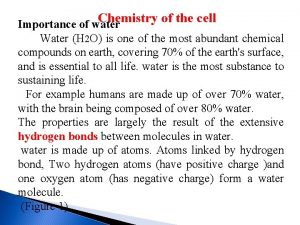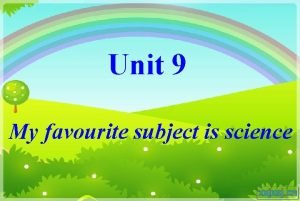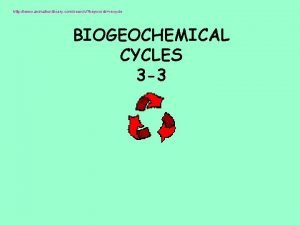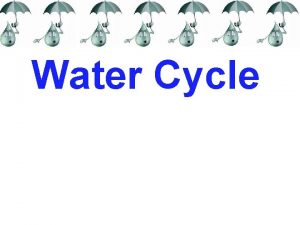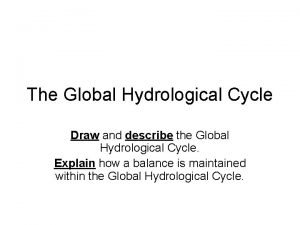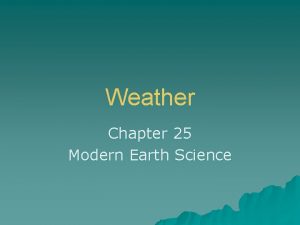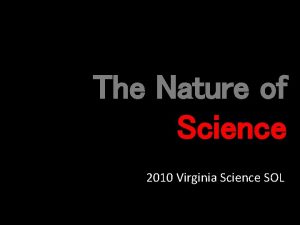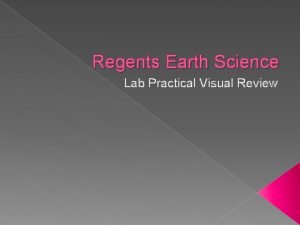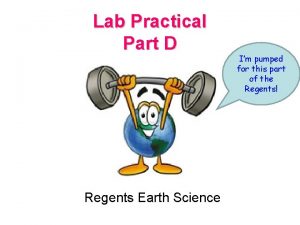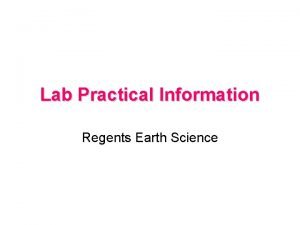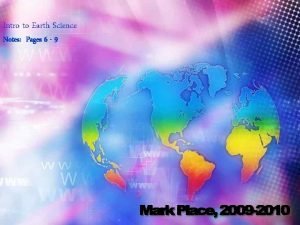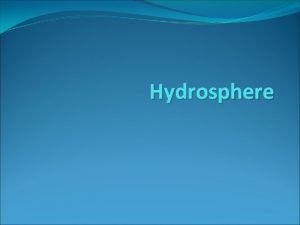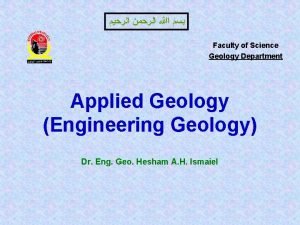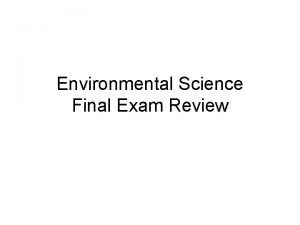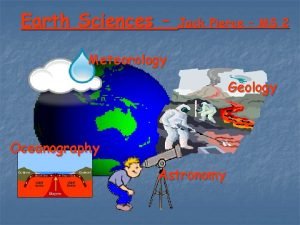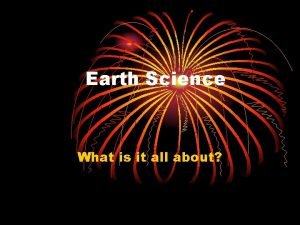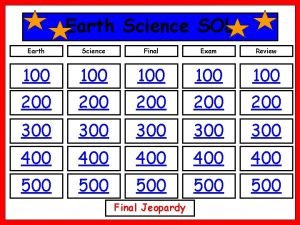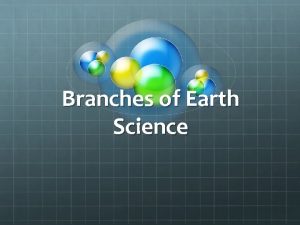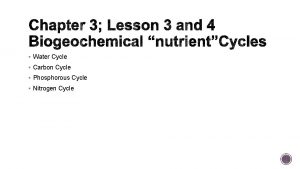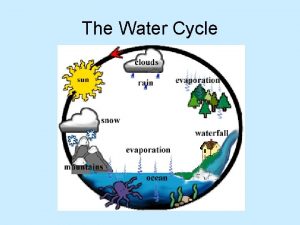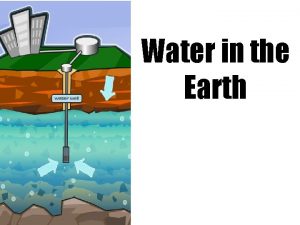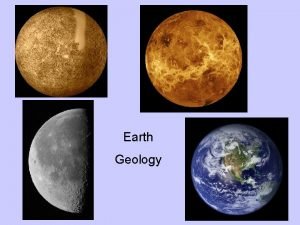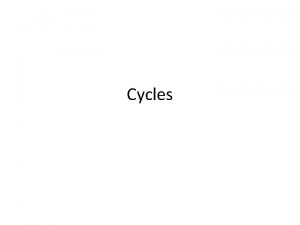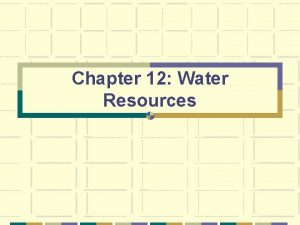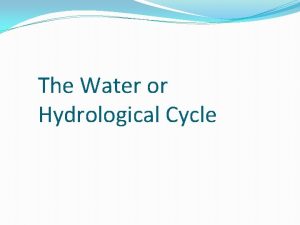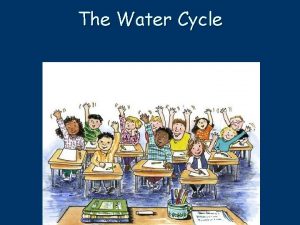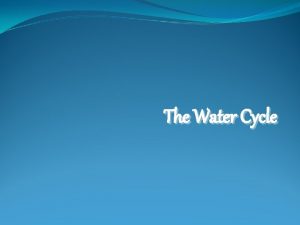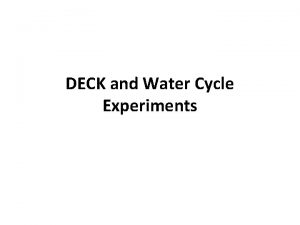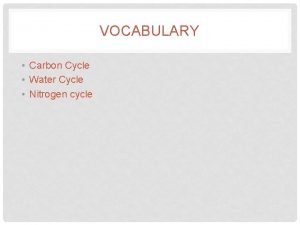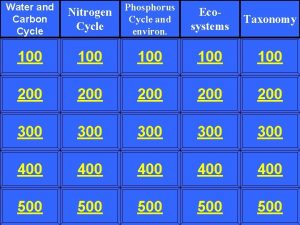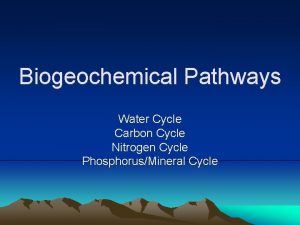Water on Earth The Water Cycle The Science





















- Slides: 21

Water on Earth The Water Cycle

The Science of the Water Cycle

3 States of Water Gas – Water Vapor Solid – ice Liquid -water

Middleschoolchemistry. com 3 States of Water n Solid- molecules packed together and vibrating very slowly Ice animation

Middleschoolchemistry. com Liquid n Molecules loosely packed and sliding past each other Compare a solid and a liquid animation

Middleschoolchemistry. com Vapor (gas) n Molecules are spread far apart and moving fast Comparing solid, liquid, gas animation

How does water change state? n By adding or removing heat energy n Add n energy (think Energy In) n Remove n energy (think Energy Exits) Heating and cooling of a solid animation Heating and cooling of a liquid Heating and cooling of a gas melting ice animation

Changing States Is energy added or removed? n Ice melting- energy is ____ n Water freezing- energy is _____ n Water boiling- energy is _____ Adding and removing energy

Where does this “energy” come from to change the state the water is in? n This process is driven by the sun and its energy

Water Cycle n Water Cycle Video

What is the Water Cycle? n The continuous movement of water into the air, onto land, and back into the air over and over again Water Cycle

Water Cycle- Evaporation n The sun heats up liquid water and turns it into water vapor (gas) n Water vapor is invisible The “smoke” we see is from the vapor condensing… Evaporation animation

Water Cycle- Transpiration Do plants sweat? n Well, sort of. . people perspire (sweat) and plants transpire. n Transpiration is the process by which plants lose water out of their leaves. Transpiration gives evaporation a bit of a hand in getting the water vapor back up into the air. n

Water Cycle- Condensation n Water vapor in the air gets cold and changes back into liquid, forming clouds Condensation animation

Water Cycle- Precipitation n The solid or liquid water that Falls from the air to the surface -rain, snow, sleet, hail…

Water Cycle- Runoff n Water that flows across land collects in rivers, streams, and eventually the ocean

Water Cycle- Groundwater n Water located within the rocks below the Earth’s surface

Changing states in the Water Cycle n Evaporation- energy is_____ n Condensation- energy is _____ n Transpiration- energy is ______

Water Everywhere! Water is MATTER. -What is matter? It has Mass and Volume.

Conservation of Matter Water cannot be created, nor destroyed. It cycles. It changes state (remember the 3 phases- solid, liquid, gas) it never decreases or increases in total amount. We do not have more or less water now than we did millions of years ago!! The Water Cycle just keeps going, and going……

More examples of Conservation of Matter n Rock cycle n Weathering/Erosion/Deposition n Plate tectonics
 Water and water and water water
Water and water and water water My favourite subject computer
My favourite subject computer Kesler science rock cycle answer key
Kesler science rock cycle answer key Science safari water cycle
Science safari water cycle Brainpop water cycle
Brainpop water cycle Water cycle the hydrologic cycle
Water cycle the hydrologic cycle What letters designate an air mass from the gulf of mexico?
What letters designate an air mass from the gulf of mexico? Earth science sol 2010
Earth science sol 2010 Lab practical review earth science
Lab practical review earth science Earth science reference table page 8 and 9
Earth science reference table page 8 and 9 Earth science lab practical
Earth science lab practical Earth science grade 9
Earth science grade 9 Dynamic equilibrium earth science
Dynamic equilibrium earth science Hydrosphere includes all the
Hydrosphere includes all the Science jeopardy 8th grade
Science jeopardy 8th grade Geology earth science definition
Geology earth science definition Environmental science final review
Environmental science final review Earth science meaning
Earth science meaning Geology earth science definition
Geology earth science definition Earth science sol
Earth science sol Zone of aeration
Zone of aeration Earth science final
Earth science final
